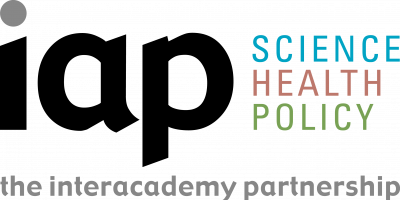


The InterAcademy Partnership (IAP) Steering Committee sent a letter to all IAP members on 7 November 2019 regarding the relationship between IAP and the International Council of Science (ISC). The following statement was included in the message and the letter can be downloaded here.
--
The IAP and ISC leadership held a joint meeting in Paris in August. The meeting was prompted by concerns, including from some ISC and IAP member academies, about a lack of clarity regarding the distinctive roles and responsibilities of the two organizations. Both organizations recognize that confusion could inhibit our effectiveness and the benefits that we, as representatives of the scientific community, seek to contribute to national and global science systems and to our societies.
The August 2019 meeting facilitated a useful exchange of information about each organization’s structure, governance, resourcing and current and emerging scientific programmes and projects. In addition, it allowed for an initial exploration of mutual interests, respective roles in advancing science at national, regional and global levels, and areas for future collaboration. The latter included recognition of IAP’s role in:
The ISC is a global scientific organization whose members comprise national academies, research councils, international scientific unions and associations and other associated scientific bodies and networks. The ISC’s role as a conduit to the UN was recognised, (based on its formal position as co-organizer, together with the World Federation of Engineering Organizations, of the UN Major Group for Science and Technology), and it was agreed that ISC will engage the IAP in the Major Group’s work.
The leadership of both organisations welcomed an open and constructive engagement with each other and agreed on the need for continued discussion to clarify the respective roles of the two bodies.
There will be regular ISC-IAP meetings to ensure effective collaboration as well as a commitment to mutual awareness through more frequent communication between the ISC and IAP leadership and secretariats.
--